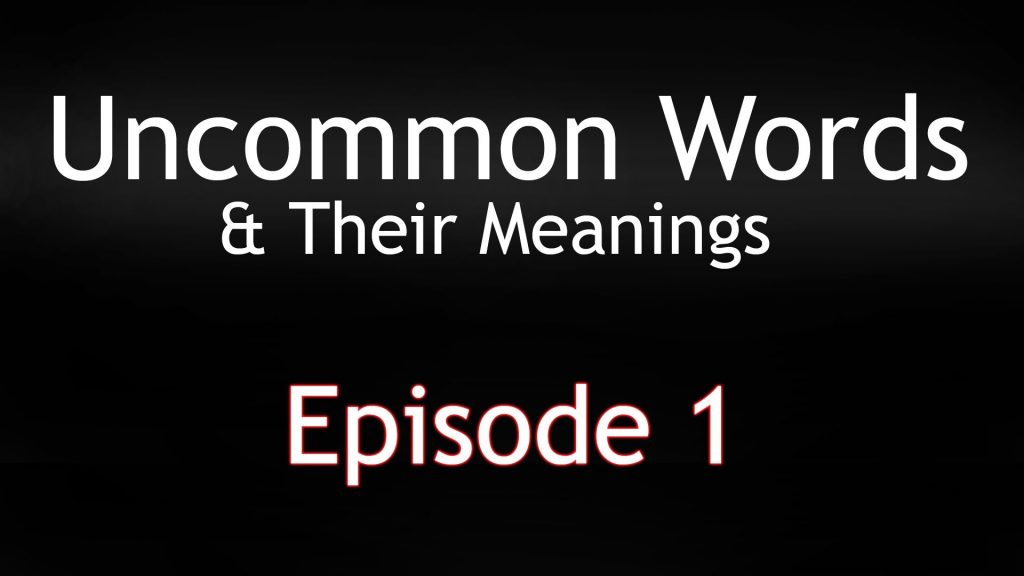There are commonly confused words—let’s and lets, for example, or it’s and its. Everyone uses these words in everyday writing, and learning to distinguish them is a worthwhile pursuit. But today, let’s talk about a different kind of commonly confused words: words we use rarely that sound like words we use often.
Maybe you’ve only ever heard these words in conversation or in a movie. Maybe you’ve seen them in print but haven’t noticed the spelling. So when you pull one of these words out of the back of your memory, you automatically go with the spelling of the word’s homonym (the word it sounds and looks like). Totally natural; happens all the time.
Let’s look at a few of these commonly confused, uncommonly used words. The definitions are from Merriam-Webster’s Collegiate Dictionary.
| Uncommon Word | Common Homonym |
| Censer: A covered incense burner swung on chains in a religious ritual. | Censor: A person who supervises conduct and morals. |
| Gambol: To skip about in play. | Gamble: To play a game for money or property. |
| Humus: A brown or black complex variable material resulting from partial decomposition of plant or animal matter and forming the organic portion of soil. | Hummus: A paste of pureed chickpeas usu. mixed with sesame oil or sesame paste and eaten as a dip or sandwich spread. |
| Raze: To scrape, cut, or shave off. To destroy to the ground. | Raise: To cause or help to rise to a standing position. |
| Whither: To what place. [“Whither goest thou?”] | Wither: To shrivel from or as if from loss of bodily moisture. |
Stay tuned for more of these rarely used but easily misused words; I have a long list of them. And if you have ideas for words that fit into this category, please share them in the comments.

